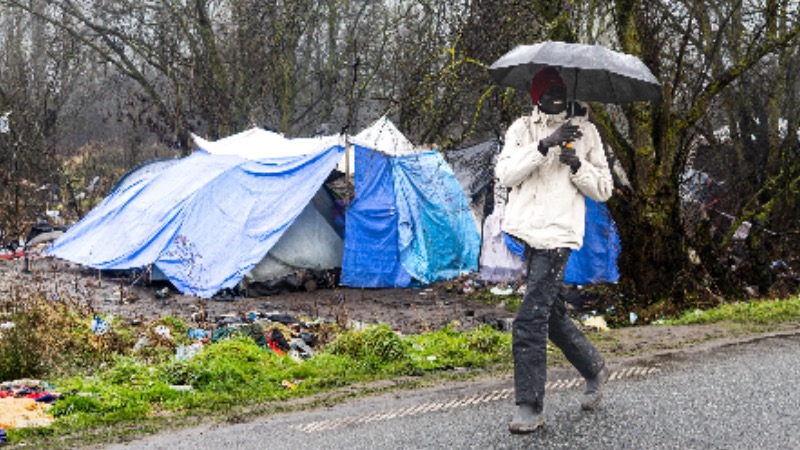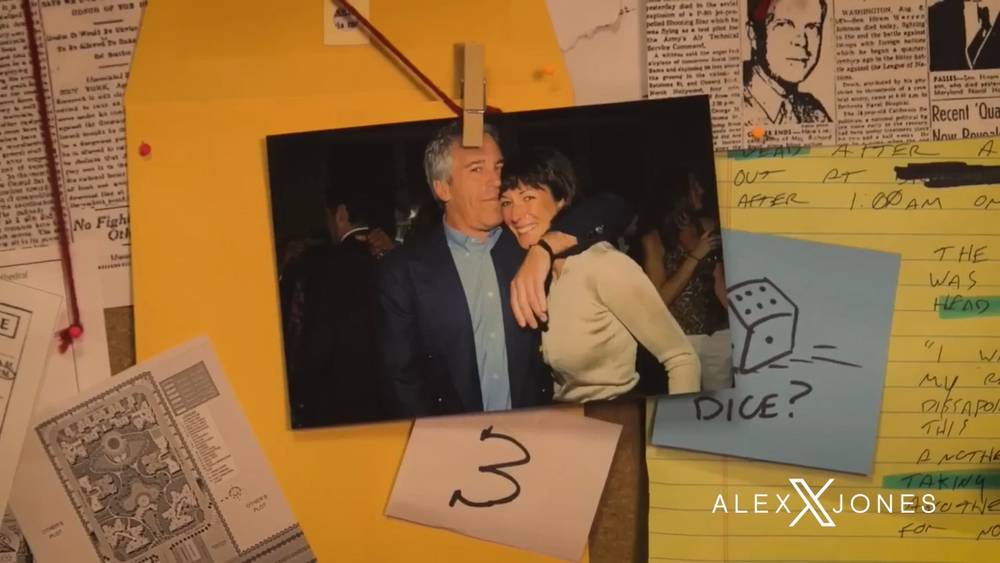 Image Credit: SAMEER AL-DOUMY / Contributor / Getty
Image Credit: SAMEER AL-DOUMY / Contributor / Getty A growing number of Germans believe that freedom of expression is being curtailed in their country—in a recent survey 84% of respondents stated they think people hold back their opinions out of fear of negative consequences.
The findings point to widespread concerns about the health of democratic discourse in Germany.
The survey, conducted by the INSA polling institute, reveals that only 9% of participants believe people can express themselves freely without fear.
Even among supporters of traditionally liberal parties, the sentiment is strong. While 92% of Alternative für Deutschland (AfD) voters share this belief, so do 77% of Green Party supporters.
Beyond perceptions of societal pressure, more than half of those surveyed (54%) reported having personally experienced situations in which they felt unable to speak freely. This figure marks a 6-point increase compared to the same survey conducted eight months ago.
It is the voters of the right-wing AfD—a party that is under threat of being banned by the mainstream political forces—who feel the most censored (76%).
Many supporters of the left-wing nationalist Bündnis Sahra Wagenknecht (69%) and the far-left Die Linke (65%) also feel the same way. Voters of the Social Democrats (42%) and the Greens (41%) feel less restricted. Centre-right CDU/CSU (47% yes to 47% no) and liberal FDP (45% yes to 44% no) voters are almost evenly divided on the issue.
The survey results are not just theoretical. Recent high-profile incidents in Germany have raised alarms about the boundaries of free expression in practice.
One such case involved Stefan Niehoff, a pensioner whose home was raided by police after he retweeted a meme that branded then-Economy Minister Robert Habeck a “professional moron.”
Niehoff’s case has become a flashpoint in the debate over freedom of speech, with many seeing it as evidence that certain political views, especially conservative or anti-government ones, are being punished by legal means.
According to INSA founder Hermann Binkert, the issue of freedom of expression could become as politically significant as the migration crisis of 2015 or the COVID-19 pandemic response beginning in 2020. “Politics, the media, and society as a whole should take this seriously,” he writes.



